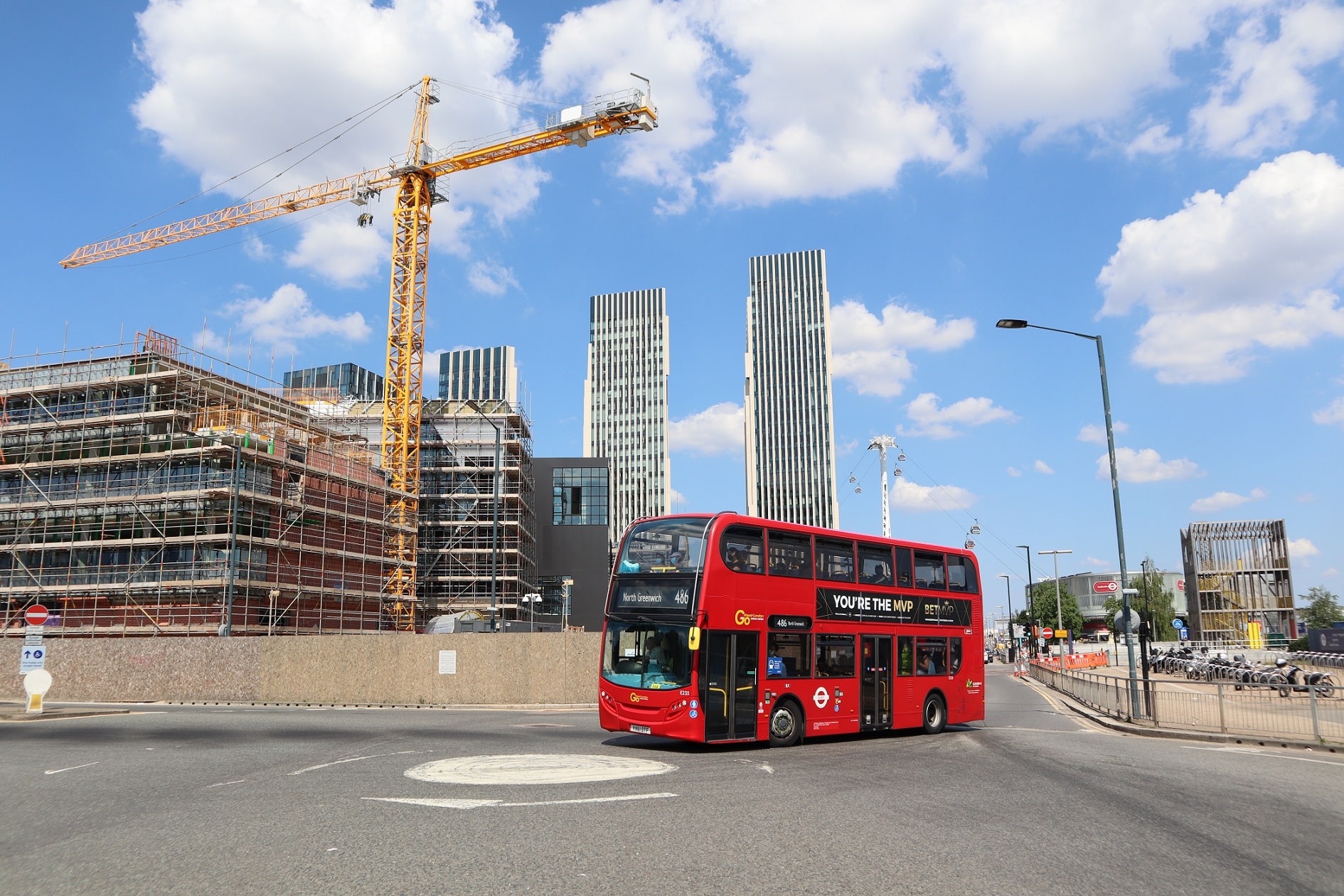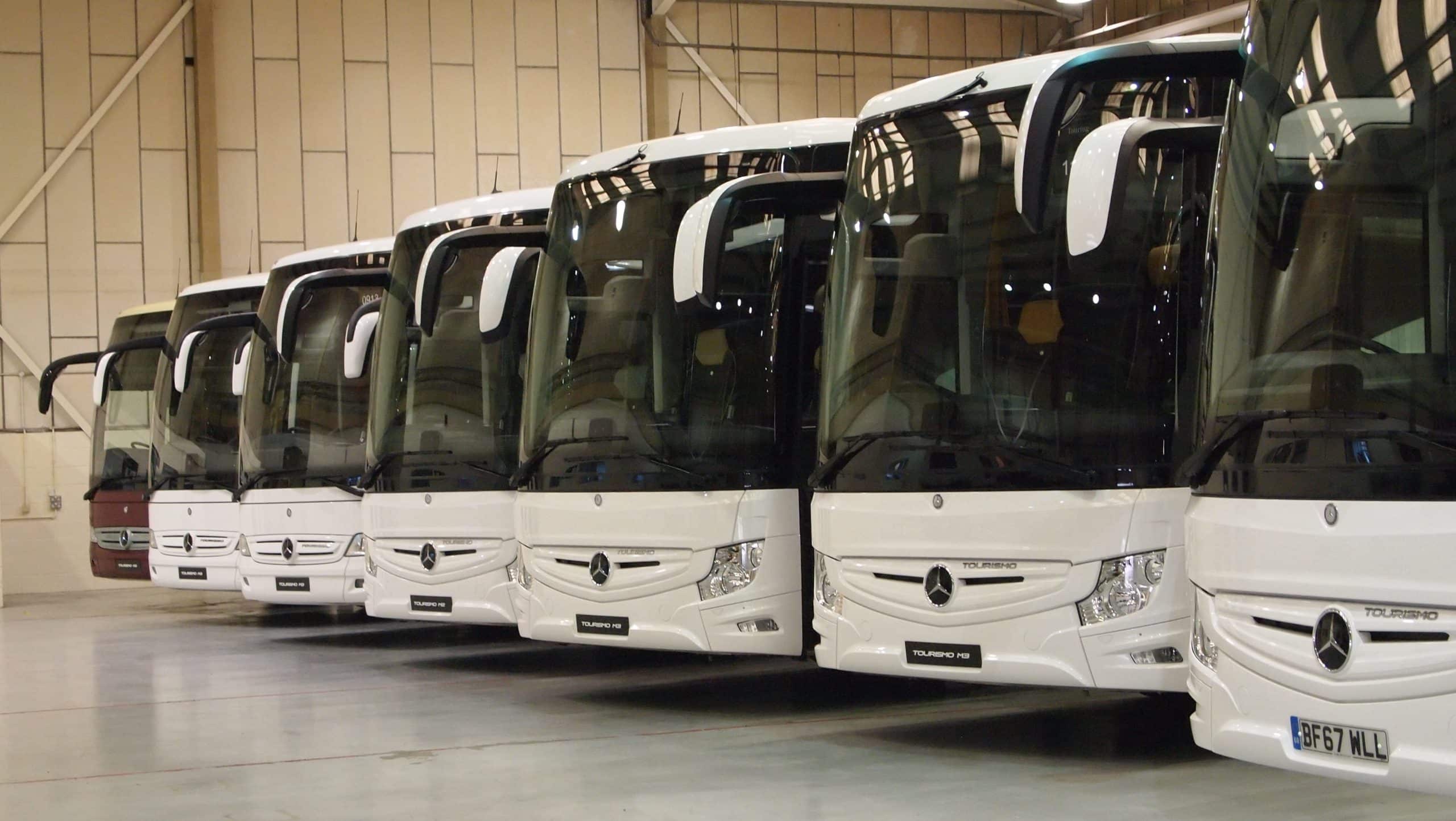Predictions of more extreme weather conditions would appear to be coming true. Ironically, the vehicles being produced to support the movement to tackle climate change may not be ideally suited in their current guide to cope with it.
I have written previously about how energy conservation with electric vehicles (EVs) is critical. Extreme heat and extreme cold are the two conditions that have the most significant impact on EV energy consumption, and therefore range.
Passengers and drivers (particularly the latter, who must drive the bus for eight hours or so per day) reasonably expect the bus to provide adequate heating in the winter and cooling in the summer. Our current vehicle specification can achieve that in our average, moderate conditions; this is not the problem.
The problem is the extremes. This summer’s heatwave has pushed most UK city bus air-conditioning systems beyond their design limits. Some drivers’ perceptions are that operators have not maintained the air-conditioning systems or have even disconnected them to save fuel.
I can only speak of my own experience, but we put a lot of resource into maintaining the air-conditioning systems and we certainly do not disconnect them to save fuel or energy. It is much more a question of the systems being ineffective in extreme heat, rather than defective.
At the moment, we still have modifications in place as part of our COVID-19 control strategy. In London, the driver’s cab doors remain completely sealed, so there is no benefit of fresh air when the passenger entrance doors are opened. But, probably most significantly, there is no recirculated air being used. I am advised that this reduces the system efficiency by up to 60%.
In the extremes, fresh air is being drawn through the air-conditioning heat exchanger at over 40oC. Even if between 8-10oC is taken off that, the driver still has air at over 30oC being blown at them. In an EV application, huge amounts of energy are consumed in trying to keep the driver and passengers cool.
Localised flooding is something that we have had issues with over recent years, too. A combination of heavy downpours and changes to the built environment results in sections of road with very deep standing water. Of course, this can be a problem for any vehicle and cause water to get into parts of the transmission, or indeed be ingested by the engine.
For EVs, with high voltages in play and robust safety protocols in place, water getting into the wrong places causes vehicles to shut down.
So, what is the answer? I suppose we first need to ask ourselves the question whether we start to specify vehicles that can cope with the new extremes rather than the norms. That may mean extra weight, and therefore fewer passengers, or an extra axle. It will certainly mean greater energy consumption, which in the world of EVs means carrying more energy or a reduced range.
These two options will clearly equate to increased cost. Considerations of system resilience to water, I would suggest, requires a review of bus design specification.



























